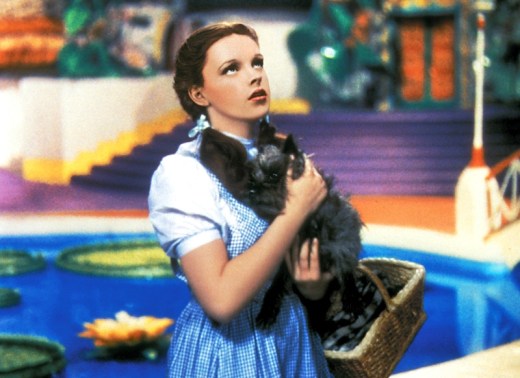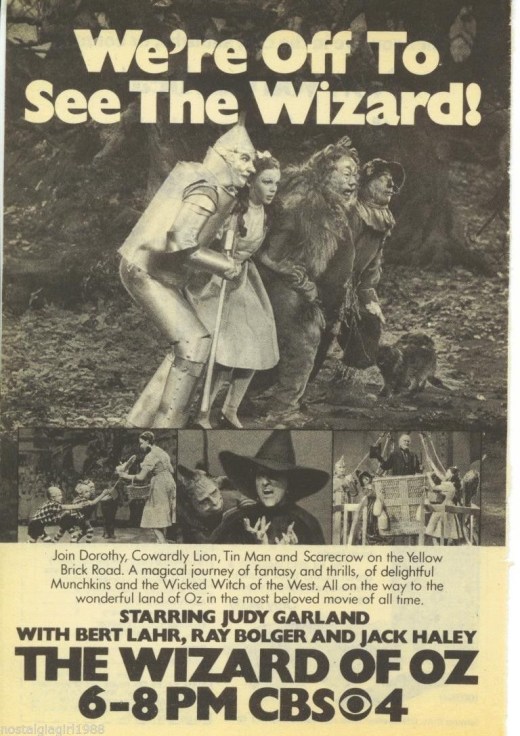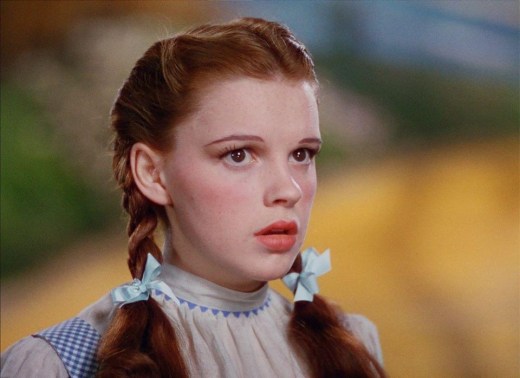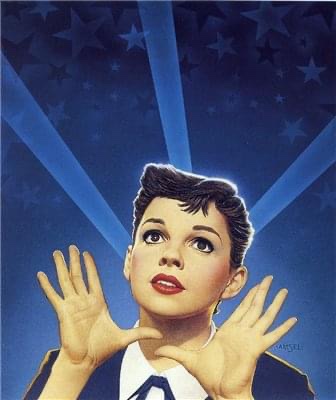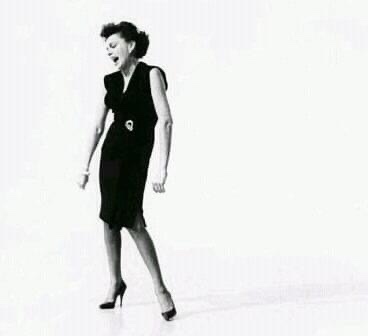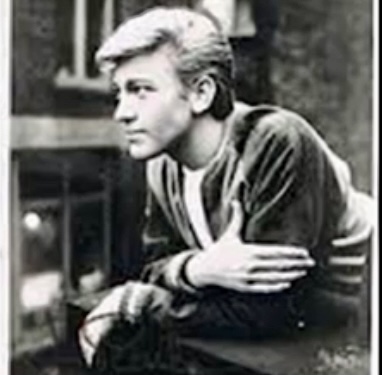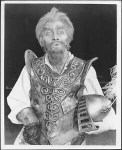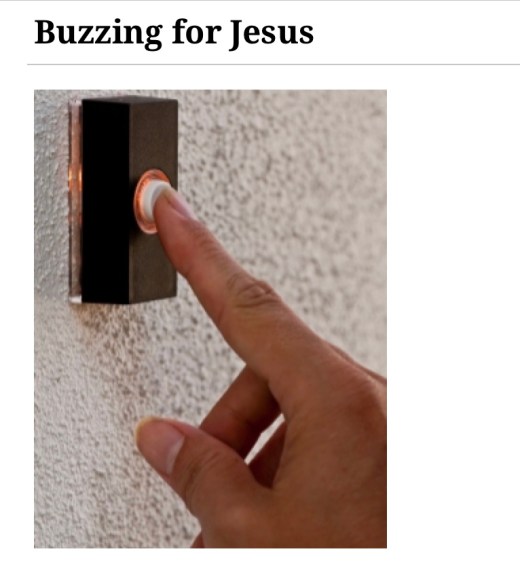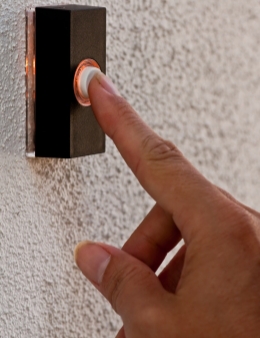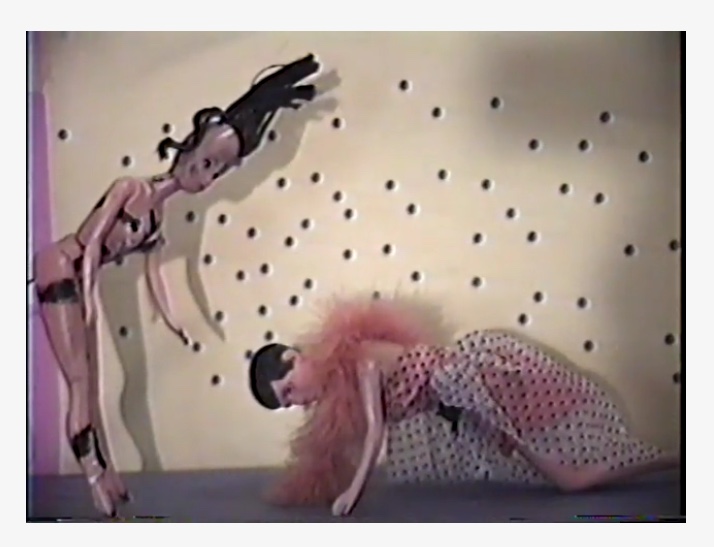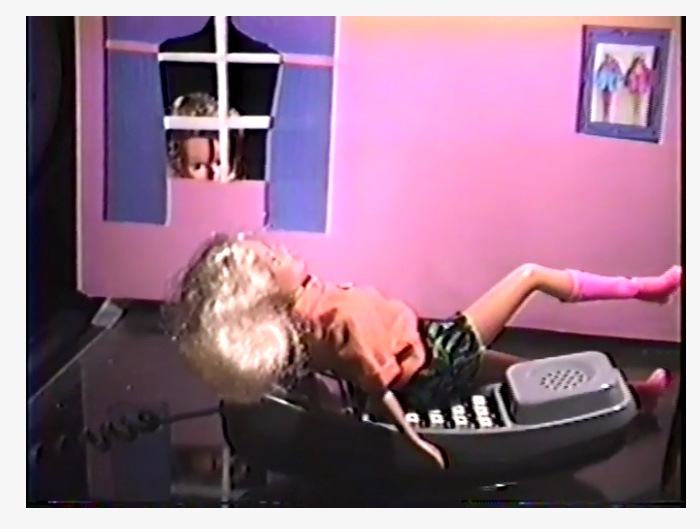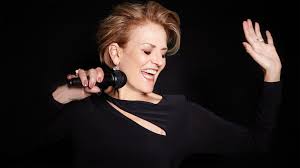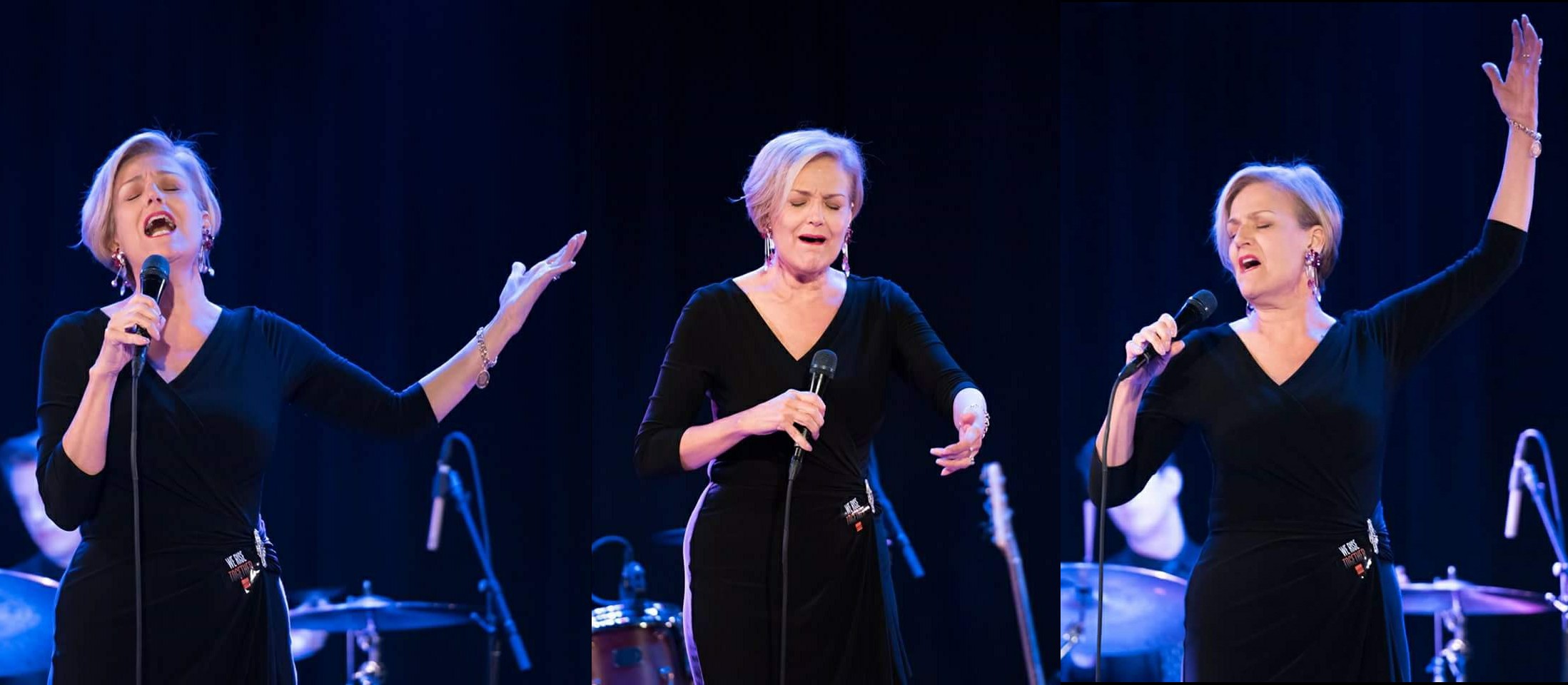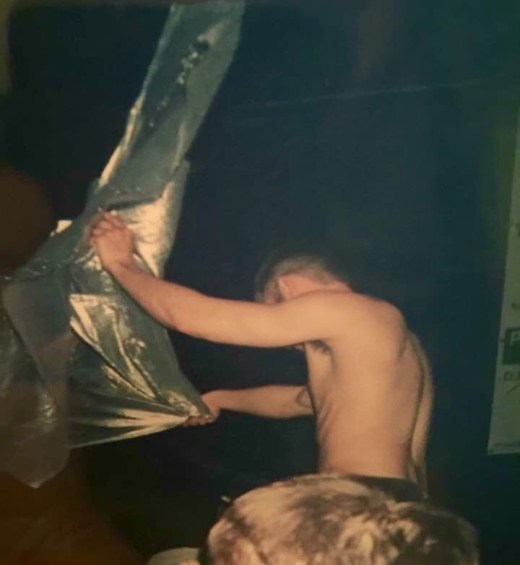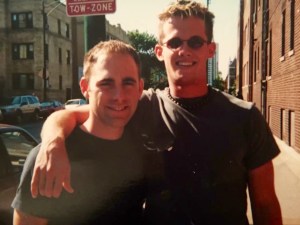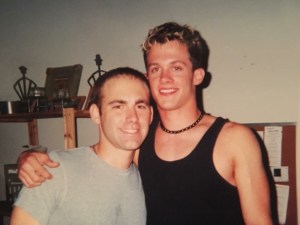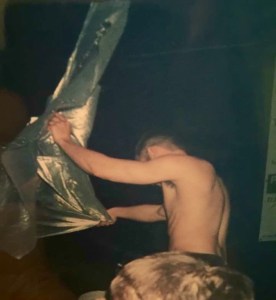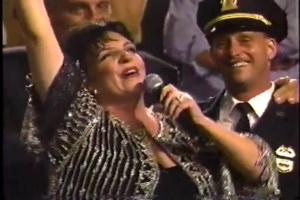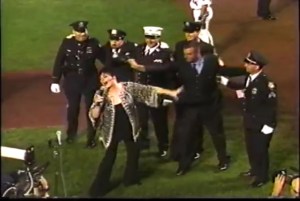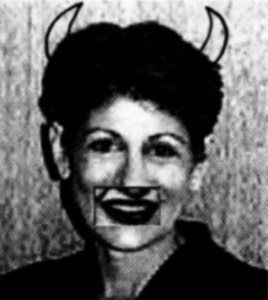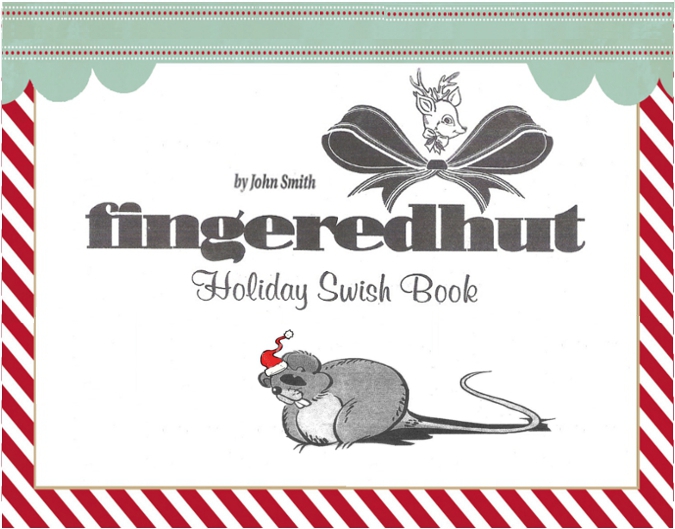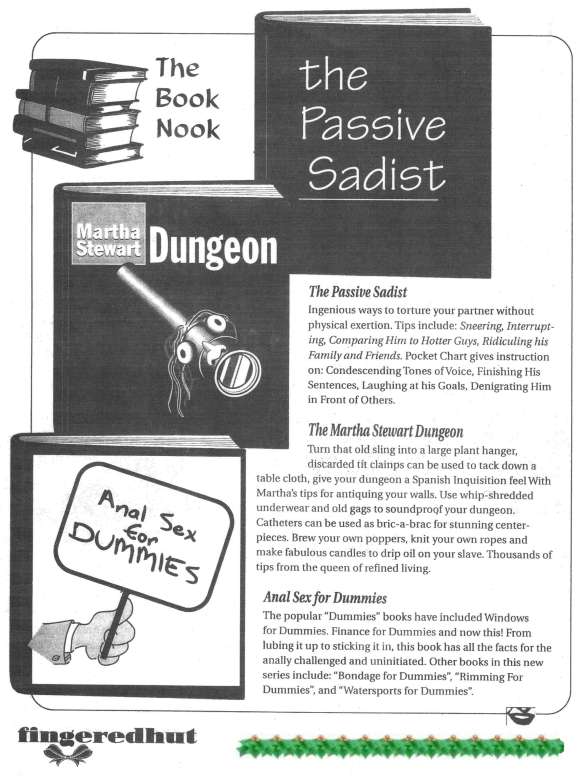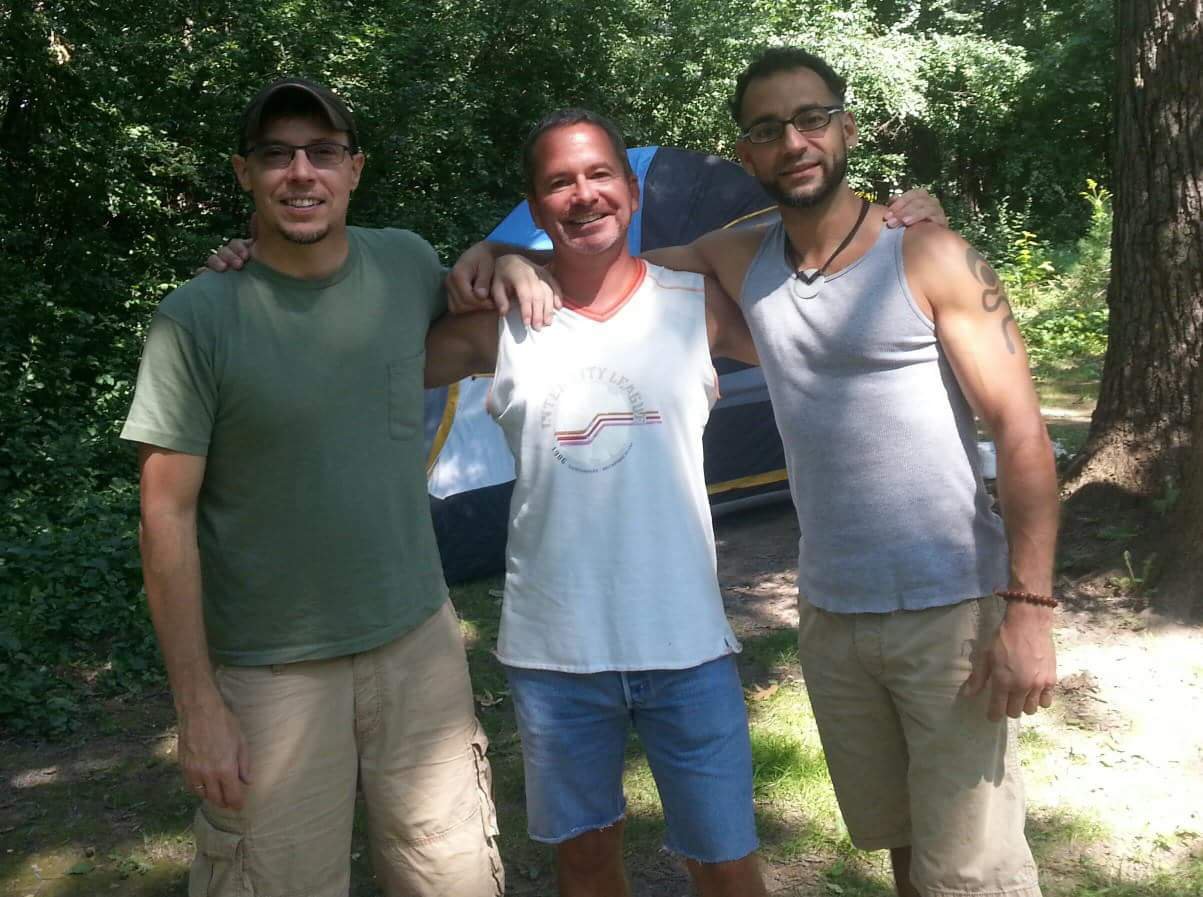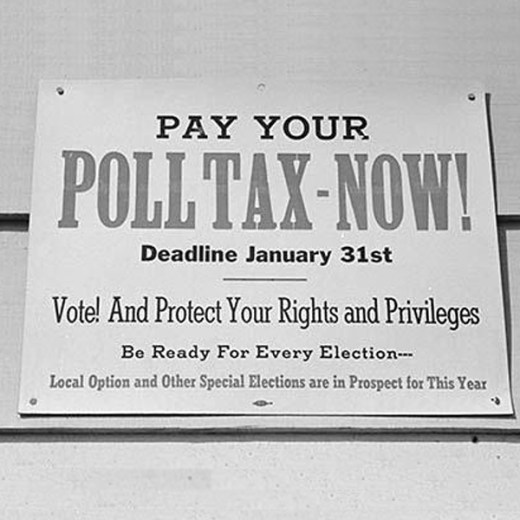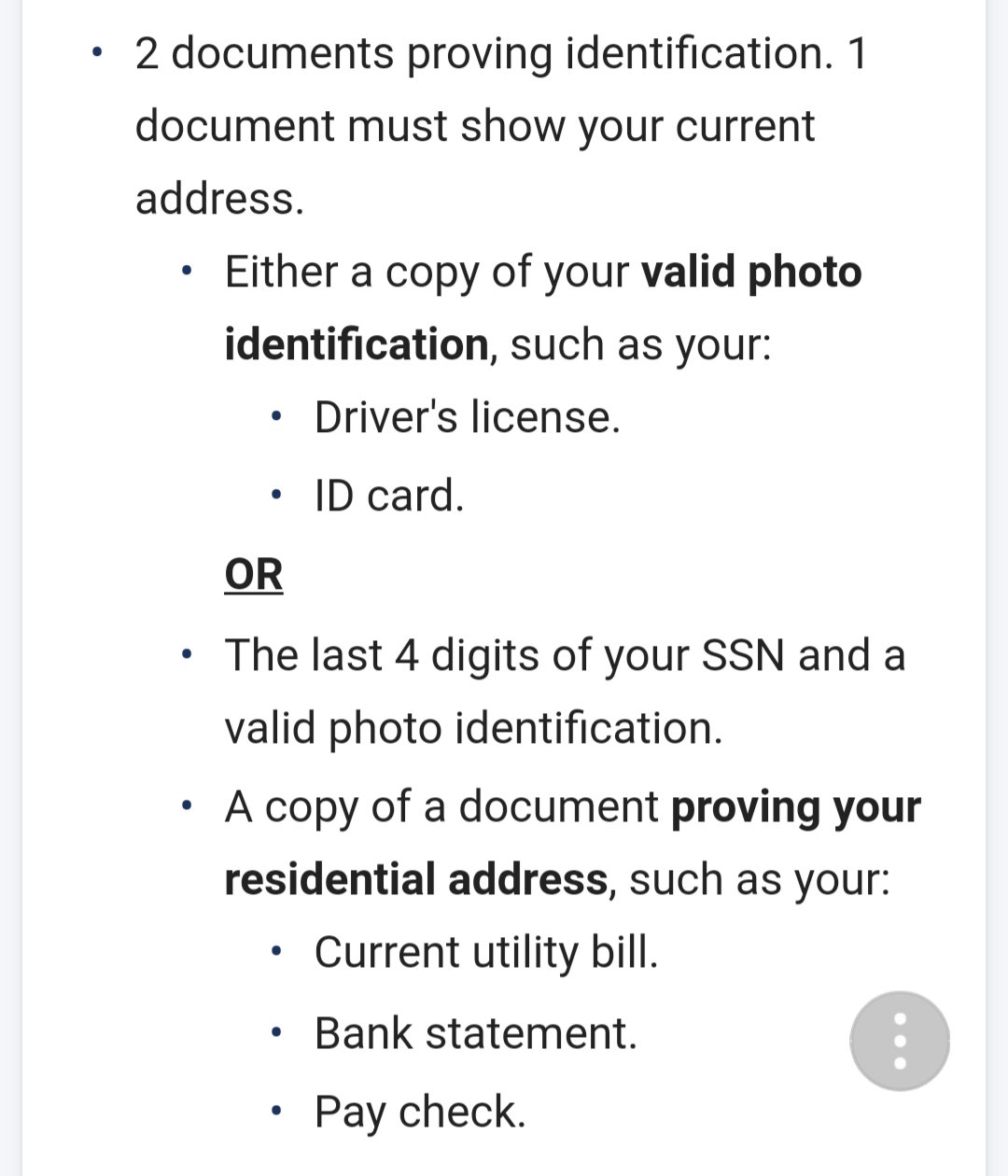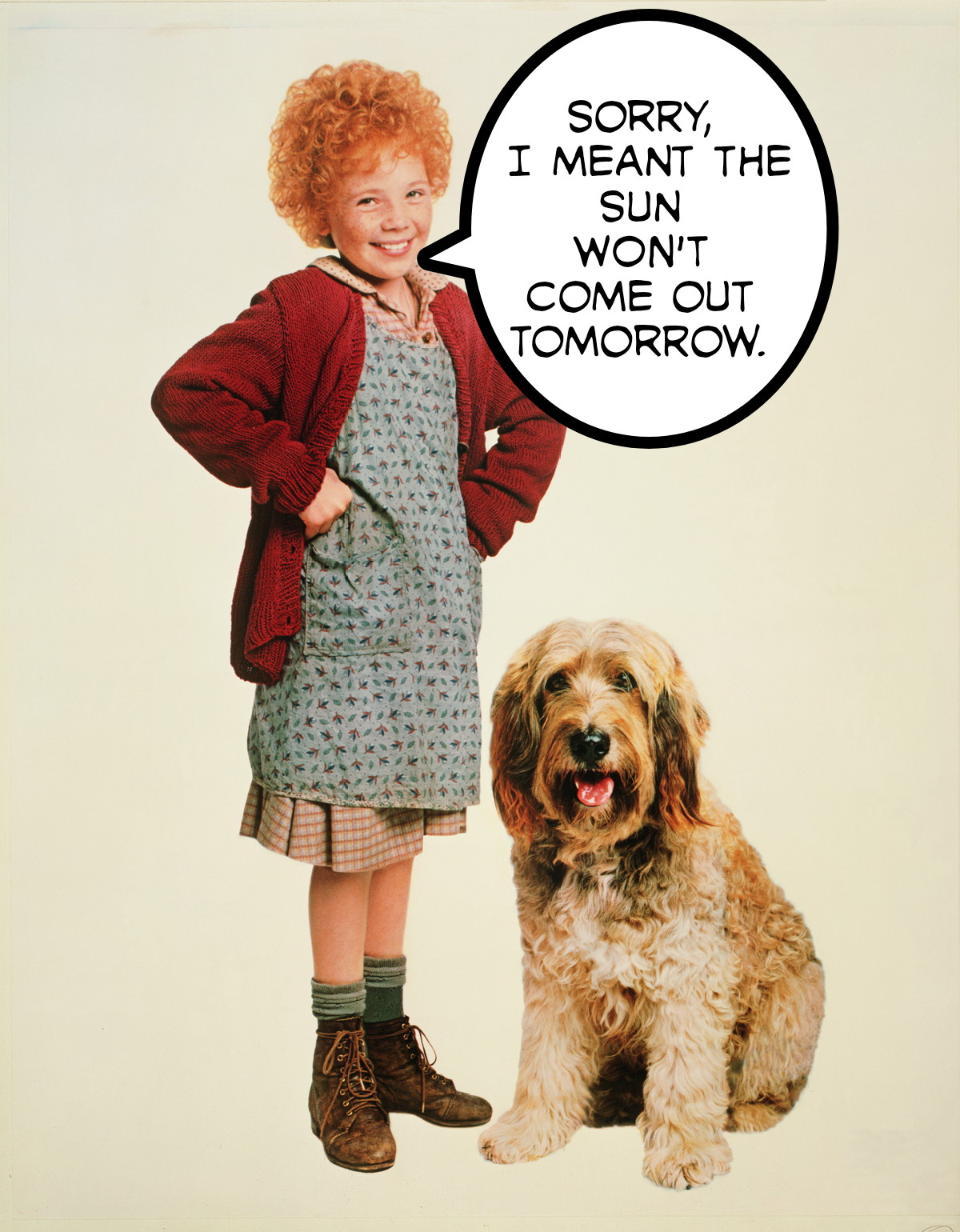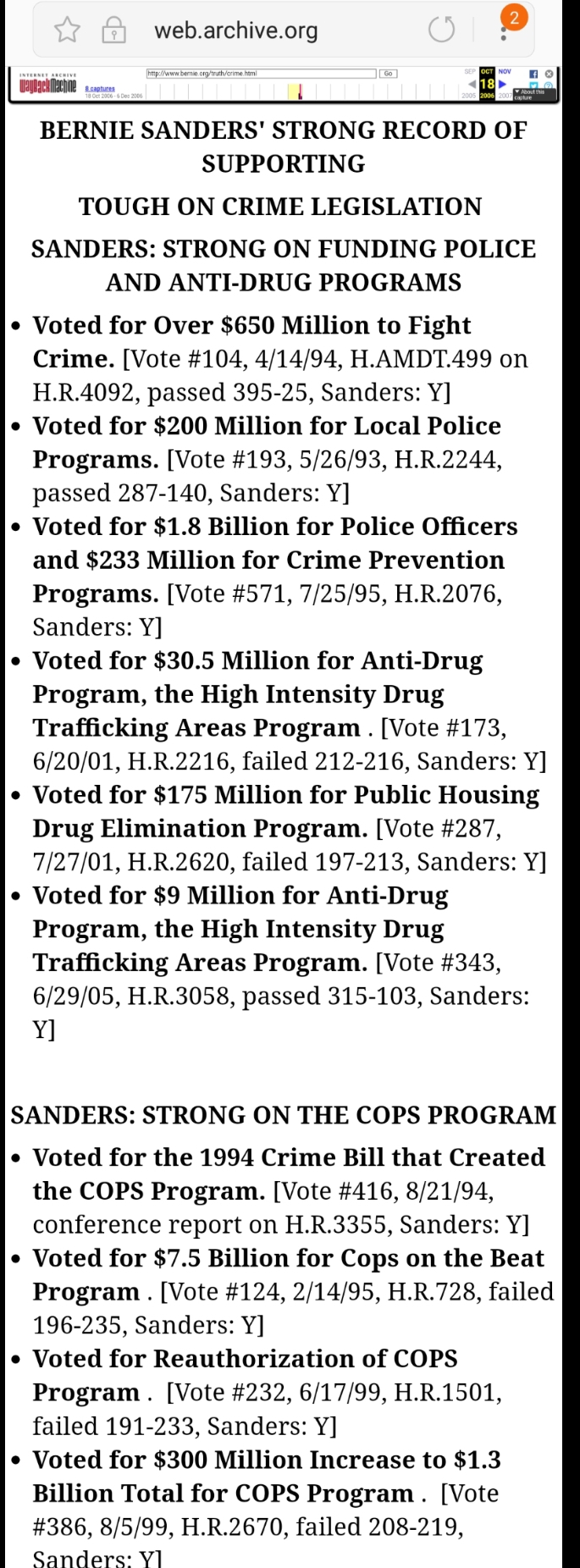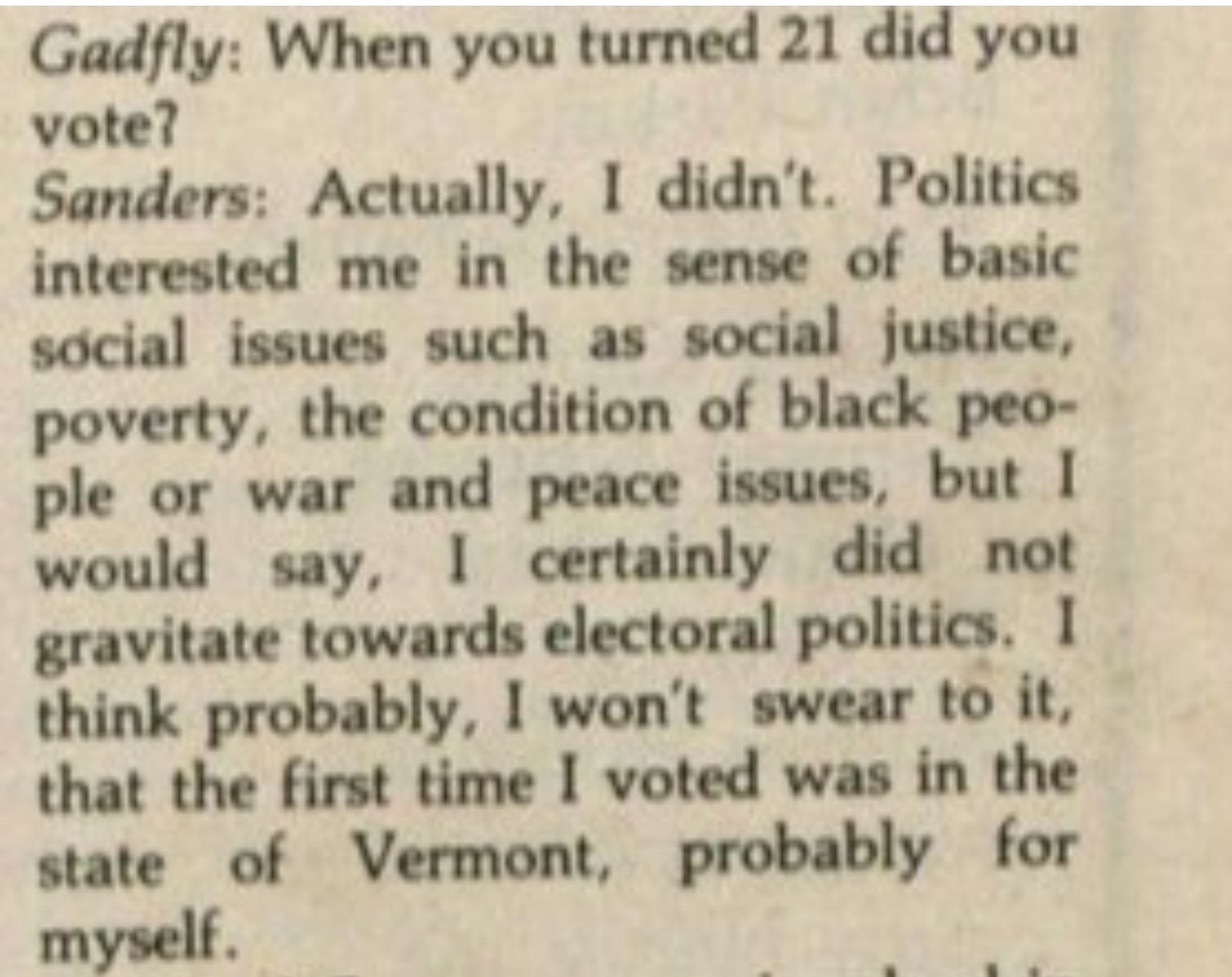Celebrating the Judy Garland Centennial
Once a year, from around age three until even today, I have a date with Judy Garland. Millions of us did. That’s because for years there was an annual showing of “The Wizard of Oz” on network television. For those too young, there used to be only about three channels on TV – NBC, CBS and ABC. And for almost four decades, one of those channels would fiercely bid against each other for the rights to broadcast the “Wizard of Oz”. And each year, between 1956 to 1991, “The Wizard of Oz” would win it’s time slot, and place in the top 25 watched programs for the year. It was an event. Because of this annual tradition, this 1939 musical became the mostly widely viewed film in cinema history.
One of my earliest and fondest childhood memories was watching the annual telecast of the “Wizard of Oz” on network TV. It was a huge deal, with big celebrities from Danny Kaye to Angela Lansbury hosting. For weeks we would wait in anticipation, after being constantly reminded by frequent commercials for the broadcast.
I must have been three years old the first time I saw “The Wizard of Oz”. My mom loved celebrating traditions, and she rose to the occasion by organizing a slumber party for me, my sister and a couple of the neighborhood kids. I still remember the awe I felt when Dorothy first opened that sepia toned door to Technicolor Oz, and first seeing the munchkins, Glinda’s bubble, the melting witch and of course Judy Garland singing “Over the Rainbow”.
Maybe if my parents hadn’t fought so much, I would have understood better the concept of being homesick, but after the movie, the only question I had was why Dorothy was in such a hurry to get back to Kansas? In my mind, Oz had everything a child would want, talking apple trees, singing scarecrows and a hilarious cowardly lion; while Auntie Em and Uncle Henry and their farm seemed a little dour by comparison.
For Christmas that year, my sister and I got the soundtrack album of the “Wizard of Oz”, with both the music and dialogue from the film, so we could follow Dorothy down the Yellow Brick Road whenever we wanted to. As a result, I had the entire movie pretty much memorized by five years old, and adults delighted in having me do my impression of the Wicked Witch, “I’ll get you my pretty, and your little dog too!”
Margaret Hamilton should have gotten an Oscar. She was only in the movie a few minutes, but she leaves quite an impression. There are tales of kids being too terrified of her, but I ADORED the Wicked Witch. In those days, before my parents got divorced, my Mom enjoyed sewing our Halloween costumes from scratch. Because my sister was older, I usually got her hand me down costumes, which wasn’t a problem when the costume was a clown or a leopard, but my dad wasn’t thrilled when in kindergarten, I insisted on wearing my sister Lisa’s old wicked witch costume from the previous year. To me, a witch didn’t have a gender; she was like Dracula or Frankenstein’s monster. Given my dad was very homophobic, I’m surprised he allowed it, but I do remember there was some controversy about it.
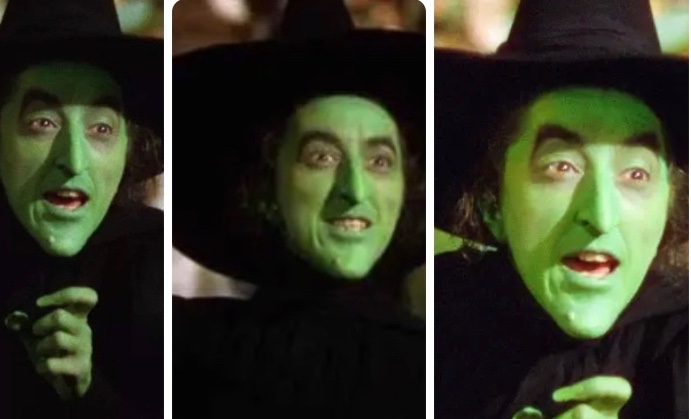
Fast forward a couple years later. My parents had gotten divorced when I was in 1st grade and my Mom, sister and I all moved to a small apartment in the “big city” of Akron, Ohio, where I still played that Oz record in our basement laundry room/playroom.
My parents wisely hadn’t shared the news with us that the actress who played Dorothy had passed away a few years earlier, but our new baby sitter showed no such restraint.
“She killed herself,” the baby sitter said – inaccurately as it turned out, but I didn’t know any better. (She also told us once that a really vivid sunset was a sign of the apocalypse, causing me and my sister to go into a fit of crying hysterics, but that’s another story.)
So at seven years old I was left wondering what could make someone so beautiful and so talented be unhappy. That question still haunts me.
In the intervening years, my Mom got remarried and we all moved to the country. Though I never missed Oz when it was broadcast on television, by 3rd grade I had discovered horror movies and old Universal monster flicks. Then came my Star Wars “kick”. I was also a voracious reader, having read every Hardy Boys and Nancy Drew book our school library offered, and by 4th grade I had moved on to adult historical fiction, like “The Agony and the Ecstasy”, or any Reader’s Digest Condensed Books left around. For a fourth grader, I had some pretty sophisticated literary tastes.
But then around 6th grade, I got grounded from reading. My grades in school were mediocre and my mom blamed it on my constantly reading what she thought was fluff. She didn’t know you can learn more from Nancy Drew than a whole year of elementary school. There for awhile, I was hiding books in different parts of the house to read in secret, including a stash in my tree house, as well as a spot in a cement planter on our front stoop.
But I was allowed to read non-fiction books, which included biographies.
One day I was browsing a bookstore for something non-fiction to read when I saw a paperback edition of “Rainbow”, a biography of Judy Garland, so I scrounged up enough allowance money to buy it. I was finally going to get the answer to the question that had haunted me since I was seven years old: how can someone so talented ever be unhappy?
After devouring the “Rainbow” book, I went on a spree, reading every Judy biography published, hoping each time the ending would somehow be different. While I never did find the answer to my question in those biographies, I found out Judy Garland sure had accomplished quite a lot in her short life. She starred in 35 films, winning an Academy Award for Oz, and she was nominated for an Oscar for Best Actress (Star is Born) and Best Supporting Actress (Judgment At Nuremburg); and she also won a Tony Award, a couple Golden Globes and she was the first woman to win the Grammy for Album of the Year (Carnegie Hall).
Thru her music, movies and biographies, Judy Garland opened a world to me I’ll always be grateful for: the world of Harold Arlen, George and Ira Gershwin and Cole Porter; not to mention the movies of her husband, director Vincente Minnelli and the movies and music of her multi talented daughter Liza Minnelli, who I also first fell in love with as a child after hearing her as the voice of Dorothy in the animated sequel “Journey Back to Oz”. Liza’s voice just blew me away, it echoed Judy’s in its richness and sincerity, but was also unique.
Growing up in a small town can be tough on a kid who is different. Being called “fag” by your peers might not be a big deal if you’re not actually gay, but when you are hiding that secret, it becomes more of an accusation. How could people know? I thought being gay meant you liked dick, not MGM musicals! So I was a nervous wreck by 8thgrade. But no matter what was going on at home or at school, I always had Judy’s music to explore, to soothe or uplift me. No one does “joyous” like Judy. She became sort of a fairy Godmother who would visit when I put the needle on the record. Also, there was an inspirational part of the Judy Garland story – every time she got written off, she came back stronger than before.
Another aspect of Judy’s movie persona that appeals to the marginalized is that she was always the girl who had to prove herself – from Andy Hardy to Easter Parade – at first losing to the glamour girl, until everyone fell in love with her when she opened her mouth to sing. I didn’t know about the gay connection to Judy Garland when I first began exploring her career – I didn’t even know what “gay’ meant. But even after I found this out, like for instance that her funeral in New York was associated with the Stonewall Riots, I didn’t care if people thought I was “gay” too for loving her. I think I’m most proud of that part of me – I never let peer pressure determine what or who I loved.
Some people like to dwell on the darker aspects of Judy’s life, but I don’t. Her music is enough of a testament. All I have is gratitude she existed. So, thank you Judy Garland for all the years of pleasure you have given me by sharing your heart and soul with the world.
Frank Sinatra once predicted, “The rest of us will be forgotten, never Judy.” But I think he is wrong. Thanks to the enduring appeal of the “The Wizard of Oz”, Judy is going to drag everyone who was ever in her orbit with her – through the years and down through history.
